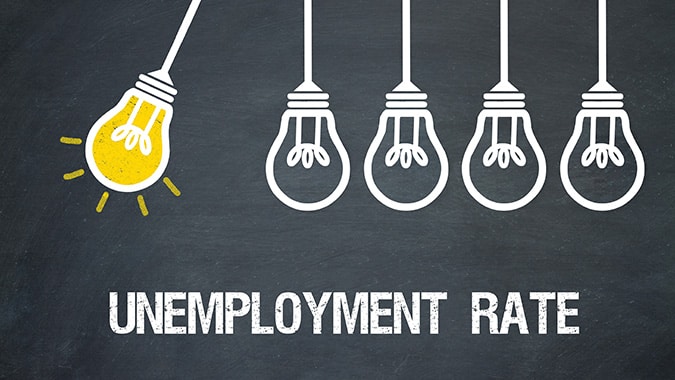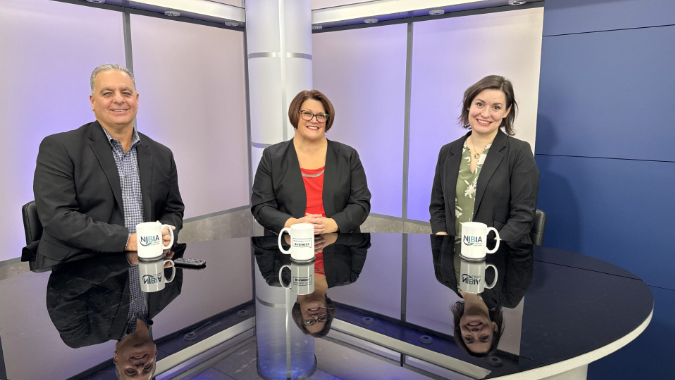
Facebook burst on the scene 13 years ago, and among the many changes it has ushered in are how to regulate its use in the workplace. It plays a role in everything from protecting intellectual property to making sure your employees are doing their job and not playing around on their devices.
At NJBIA’s recent HR for the 21st Century seminar, attorney Lisa Gingeleski covered one of the trickiest areas: Can you prohibit employees from saying bad things about your business on social media?
The short answer is, “Yes. But….” Businesses can have a policy restricting what employees can say about the company on social media and blog posts, but there are limits.
The National Labor Relations Act provides employees numerous rights in the workplace regardless of whether or not they are represented by a union. Among them is the right to discuss wages and working conditions, and take action to change them. The act refers to this as engaging in “protected, concerted activities,” and those rights extend to actions taken on social media.
Gingeleskie warned that the National Labor Relations Board (NLRB), which enforces the law, has interpreted this very broadly.
“Any sort of broad general policy is going to be an issue,” she said. “If you have a policy in place, you need it to be specific, and you need to give specific examples of what’s being considered prohibited conduct. You can’t just use general, broad catch-phrases.”
Here’s a fairly recent NLRB case that shows how these limits work. A worker was criticized by a co-worker and took to Facebook to complain about it. Several other co-workers commented that the person doing the criticizing does not know what she is talking about, which resulted in a harassment complaint by the critical employee. The employer said that the Facebook posts were against the company’s anti-harassment policies and terminated all employees who participated—the one who made the post and those who responded to it.
The NLRB ruled differently. Because the employees were discussing working conditions—defense against the one employee’s criticism—the Facebook posts were considered protected speech, and the employees were awarded reinstatement and back pay. The board also concluded that the posts could not be objectively considered bullying or harassment.
“What’s really important to take away here is the individuals who were complaining never sat down and had a conversation privately outside of Facebook saying, ‘What are we going to do about this person? What are we going to do about this working environment? Let’s go talk to our boss,’” Gingeleskie said. “The board simply inferred that that was going to happen. It was enough that they had had this collective conversation online, and they thought that the next step would be to organize and bring this to the supervisor’s attention.”
But that doesn’t mean employees can just complain. To be protected, the communications must occur for a group’s mutual aid or benefit, Gingeleskie said. In other words, it must benefit more than one person.
In another case, a bartender responded to a relative's inquiry on Facebook with complaints about his job—he had not been given a raise in five years and he was doing the waitresses' work without receiving tips. He also made derogatory comments about the customers. The bartender was fired, and he filed a complaint with the NLRB. “Those (complaints) are about wages and terms and conditions of employment, but no other employees were liking the posts or saying they agreed with him,” Gingeleskie said. The board ruled that the posts were not protected speech under the NLRA.
Unfortunately, no one set of rules can cover every possible situation. So what should employers do?
Gingeleskie advises employers to conduct a fact-sensitive analysis and apply what is known as the Meyers Standard (named after the case, Meyers Industries, 281 NLRB 882 (1986)). Specifically, does the speech involve concerted activity by a group? And even though employers may find the social media postings offensive, disloyal or unprofessional, they should consider the NLRB litigation before disciplining employees.




